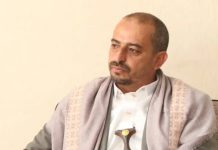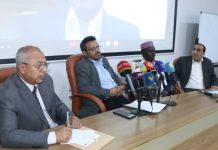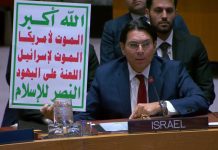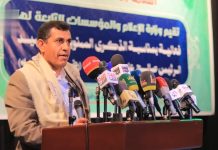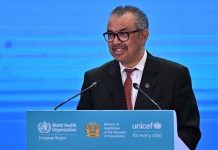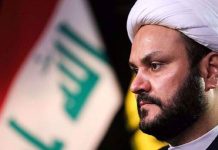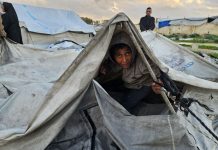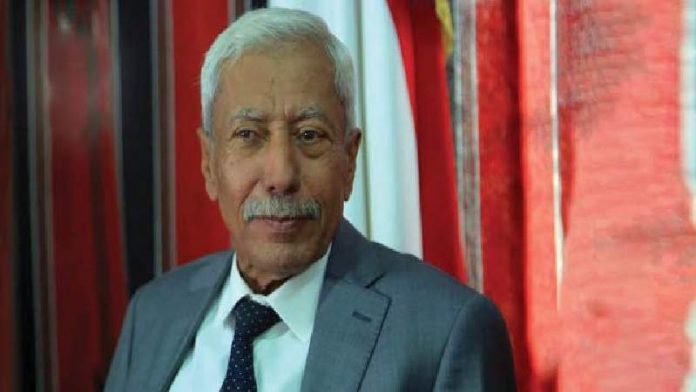The governor of Hadramout, Luqman Paras, warned of the danger of complicity with the projects and agendas of the Saudi-American occupation in the province.
Governor Paras affirmed that what is happening in Hadhramaut is given a green light by the Saudi-led aggression and an open attempt to pass its colonial projects and criminal schemes aimed at dismantling the governorate, and turning the Hadramout valley, coast and desert into an open war arena between the tools and the occupying countries.
Paras warned all the people of Hadramout of the danger of the conspiratorial schemes that the occupier is trying to implement through the establishment of local components, stressing that the Saudi and American ambitions in Hadramout are not a spur of the moment, but rather go back to the sixties of the last century and have already fallen in multiple historical stages.
He pointed out that Hadramout does not need to perpetuate the survival of the American, British and Saudi occupiers on its coasts and airports, but rather it has become in dire need of liberation from the foreign occupier.
He called on the people of Hadramout to unify the ranks and reject the occupation’s survival in the province, and to work against the fragmentation and division projects that the occupier is trying to perpetuate in an attempt to impose his influence in the province, stressing that all these conspiracies will fall by the will of the people, and the occupation will leave Yemen as a whole, along with the revolutionary leadership and the Supreme Political Council to defeat all invaders and colonists.
He emphasized that Hadramout was and will remain a free Yemeni governorate, no matter how greedy people try to undermine its status and its historical and political role, and the House of Saud must stop harming Hadramout and its people.
Yemen’s southern governorates are witnessing security chaos, and almost daily crimes, under the control of the forces of US-Saudi aggression and Saudi-Emirati occupation. They witness an increase in assassinations involving military security leaders, religious and social tendencies, kidnapping, bombings and clashes between militants fighting for influence among them.


